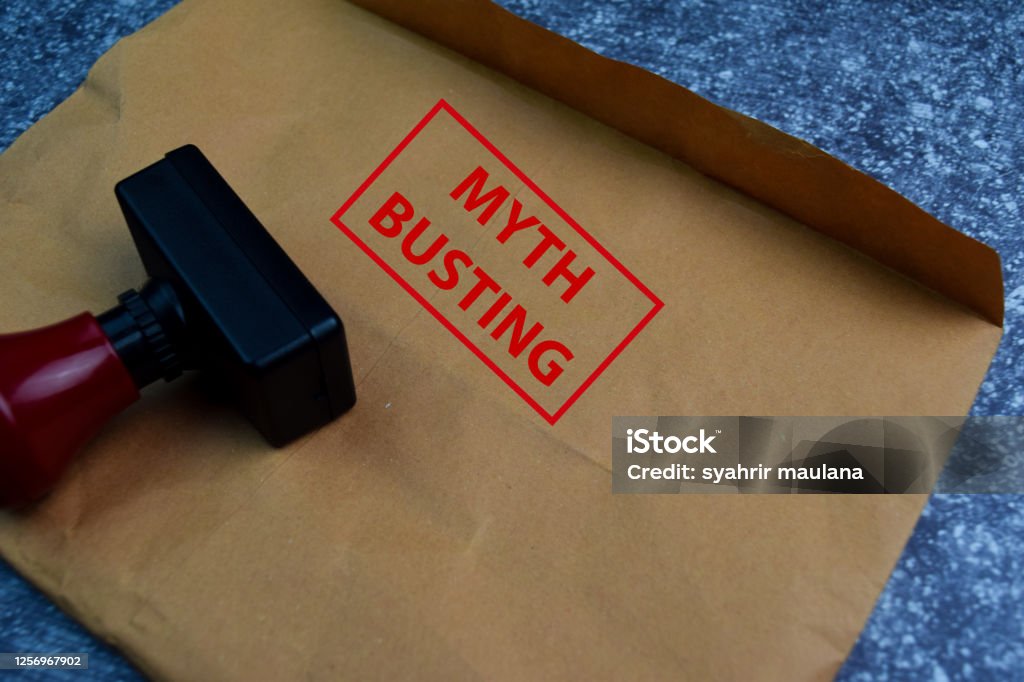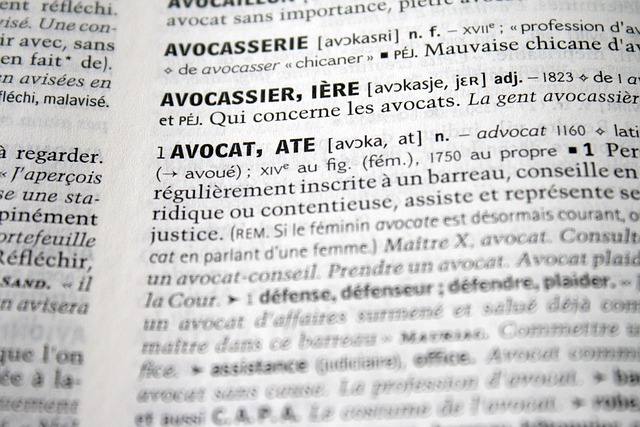Legal Myths That Could Hurt Your Case
Introduction
The legal system is complex, often intimidating, and frequently misunderstood by the general public. Thanks to movies, television shows, social media, and word-of-mouth misinformation, many people hold false beliefs about how the legal process works. These misconceptions can do more than just confuse someone—they can actually harm a legal case.
Whether you’re facing criminal charges, filing for divorce, involved in a personal injury lawsuit, or dealing with a business dispute, believing in legal myths can lead to poor decisions. In this article, we’ll bust some of the most common legal myths that could seriously hurt your case.
Myth #1: “I Don’t Need a Lawyer—It’s an Open-and-Shut Case”
One of the most dangerous assumptions people make is thinking their case is too simple to need legal representation. Even if the facts seem straightforward, the law is rarely simple.
Why This Myth Is Harmful:
-
You may not understand all the legal procedures and filing deadlines.
-
Opposing parties might exploit your lack of legal knowledge.
-
Judges are impartial but won’t help you argue your case.
Real-World Example:
Many people who represent themselves in court (called “pro se” litigants) often lose due to procedural mistakes—even if their argument has merit.
Myth #2: “If I Tell the Truth, I Can’t Lose”
While honesty is always the best policy, telling the truth doesn’t automatically guarantee you’ll win your case. Legal cases are decided based on evidence, procedural rules, and legal strategy—not just truth.
Why This Myth Is Harmful:
-
Your version of the truth must be proven with admissible evidence.
-
The opposing side may have a more persuasive or better-documented argument.
-
Judges and juries decide based on what is presented in court, not personal narratives.
Takeaway:
The truth is important, but it needs to be supported by legal documentation, witness testimony, and strategic presentation.
Myth #3: “Lawyers Are Too Expensive—I’ll Save Money Without One”
Trying to save money by not hiring an attorney often backfires, leading to more significant expenses down the road.
Why This Myth Is Harmful:
-
You may lose your case and be responsible for additional damages or court fees.
-
Legal errors might cost you property, parental rights, or even your freedom.
-
Lawyers often work on contingency or offer payment plans in civil cases.
Pro Tip:
In many legal matters—especially personal injury and employment claims—lawyers offer free consultations and may take cases on a no-win, no-fee basis.

Myth #4: “I Can Just Explain My Side to the Judge”
Some people believe that simply speaking directly to the judge will fix their problem. They imagine that if they’re honest and respectful, the judge will automatically rule in their favor.
Why This Myth Is Harmful:
-
Judges must follow legal standards—not personal opinions or feelings.
-
Courts operate under strict rules of evidence and procedure.
-
Speaking out of turn or improperly can actually annoy the judge or harm your credibility.
Clarification:
While you do have a right to be heard, it must be done through proper legal channels—usually through motions, pleadings, or formal testimony.
Myth #5: “Everything I Say to My Lawyer Is Automatically Confidential”
Attorney-client privilege is powerful, but it’s not absolute. There are limits to what is protected under confidentiality laws.
When Privilege Doesn’t Apply:
-
If the conversation happens in a public setting where others can hear.
-
If the client is seeking advice to commit or cover up a crime.
-
If privilege is voluntarily waived by the client.
Best Practices:
Always speak to your lawyer in private and ask if your conversation is privileged. Never assume blanket confidentiality.
Myth #6: “I Can Delete Social Media Posts to Hide Them”
Deleting social media posts after a legal issue arises can be considered evidence tampering. Many people wrongly believe that if something is deleted, it’s gone for good.
Why This Myth Is Harmful:
-
Deleted posts can often be recovered through subpoenas or digital forensics.
-
Destruction of potential evidence can lead to sanctions or criminal charges.
-
It reflects poorly on your credibility.
Smart Strategy:
Avoid posting about legal matters altogether. If you’ve already posted something concerning, discuss it with your attorney before taking any action.
Myth #7: “If the Police Didn’t Read Me My Rights, the Case Is Thrown Out”
Many people believe that a failure to read Miranda rights automatically invalidates an arrest or leads to dismissal.
The Truth:
Miranda rights only need to be read if:
-
You are in police custody, AND
-
The police are conducting a custodial interrogation.
If They’re Not Read:
-
Your statements may be inadmissible.
-
But the arrest itself may still be legal and the case may proceed.
Myth #8: “Verbal Agreements Are Not Legally Binding”
People often believe that unless something is written and signed, it doesn’t count as a contract.
The Reality:
Verbal agreements can be legally binding, depending on the situation and evidence available.
Exceptions:
-
Some contracts must be in writing (e.g., real estate, wills, long-term agreements).
-
Verbal contracts are harder to prove.
Legal Advice:
Get everything in writing whenever possible, even if it seems minor at the time.
Myth #9: “I Can Settle the Case Anytime I Want”
While most civil cases end in settlement, not all parties are open to negotiating at all times. There are also procedural limits on when and how settlements can happen.
Problems With This Thinking:
-
Waiting too long might cause a case to go to trial.
-
You may miss court-ordered deadlines.
-
Once a judgment is entered, it’s often too late to settle.
Reality Check:
Always be proactive. Discuss your goals for settlement early and often with your lawyer.

Myth #10: “I Can’t Be Sued If I Don’t Have Money”
Many people wrongly assume they are “judgment proof” because they don’t have substantial assets.
The Truth:
-
You can still be sued.
-
A judgment can be entered against you and remain on your record for years.
-
Future earnings or property could be garnished or seized.
Consequences:
Judgments affect credit scores, loan approvals, and even job prospects.
Myth #11: “Criminal Charges Will Disappear If the Victim Drops the Case”
This myth is especially common in domestic violence or assault cases.
The Truth:
-
Prosecutors, not victims, decide whether to pursue charges.
-
A victim’s cooperation may influence the case but doesn’t determine it.
Example:
Even if a spouse wants to drop domestic violence charges, the state may continue to prosecute.
Myth #12: “Hiring a Lawyer Makes Me Look Guilty”
Some fear that retaining legal counsel will make it seem like they’ve done something wrong.
The Reality:
-
Hiring a lawyer is your constitutional right.
-
It shows you are serious about defending yourself.
-
Police, judges, and juries understand that legal advice is smart, not suspicious.
Myth #13: “I Can’t Sue Unless I’m 100% Innocent”
In civil lawsuits, you don’t have to be completely blameless to bring a claim.
Legal Standards Vary:
-
Some states follow comparative negligence, where damages are reduced by your level of fault.
-
Others follow contributory negligence, which bars recovery if you’re even slightly at fault.
Practical Tip:
Don’t judge your own case—let a qualified attorney evaluate it.
Myth #14: “It’s Just a Misdemeanor—It Won’t Affect My Future”
Misdemeanors may seem minor compared to felonies, but they still carry consequences.
Potential Impacts:
-
Criminal record that shows up on background checks.
-
Difficulty finding employment or housing.
-
Immigration consequences for non-citizens.
Myth #15: “All Lawyers Are the Same”
Not all attorneys have the same skills, experience, or specialty. Just like doctors, lawyers often focus on specific areas of law.
Specialization Matters:
-
A criminal defense lawyer is not ideal for a business contract.
-
A personal injury lawyer may not know the nuances of family law.
Best Practice:
Choose a lawyer who specializes in your specific legal issue.
How to Protect Yourself from Legal Myths
1. Always Verify Information
Rely on credible sources—licensed attorneys, official court websites, or reputable legal publications.
2. Avoid Legal Advice from Social Media
Platforms like Facebook, TikTok, and Reddit are filled with legal myths. While stories may be entertaining, they’re rarely legally accurate.
3. Consult a Lawyer Early
The earlier you consult an attorney, the better your chances of avoiding costly mistakes.
4. Be Honest With Your Attorney
Your lawyer can only help you if they have all the facts. Withholding information will usually backfire.
5. Follow Court Orders and Deadlines
No matter what someone tells you, missing deadlines or disobeying court orders is never okay.
Conclusion
Legal myths can be incredibly damaging—sometimes even more so than the legal challenges themselves. Acting on bad information can lead to lost cases, fines, criminal convictions, and long-term consequences. Whether you’re facing a minor dispute or a major legal battle, the truth is clear: understanding the law accurately and seeking proper legal guidance is your best defense.
Always consult a licensed attorney, avoid self-diagnosing your legal situation, and stay informed. In law, what you don’t know can absolutely hurt you.
